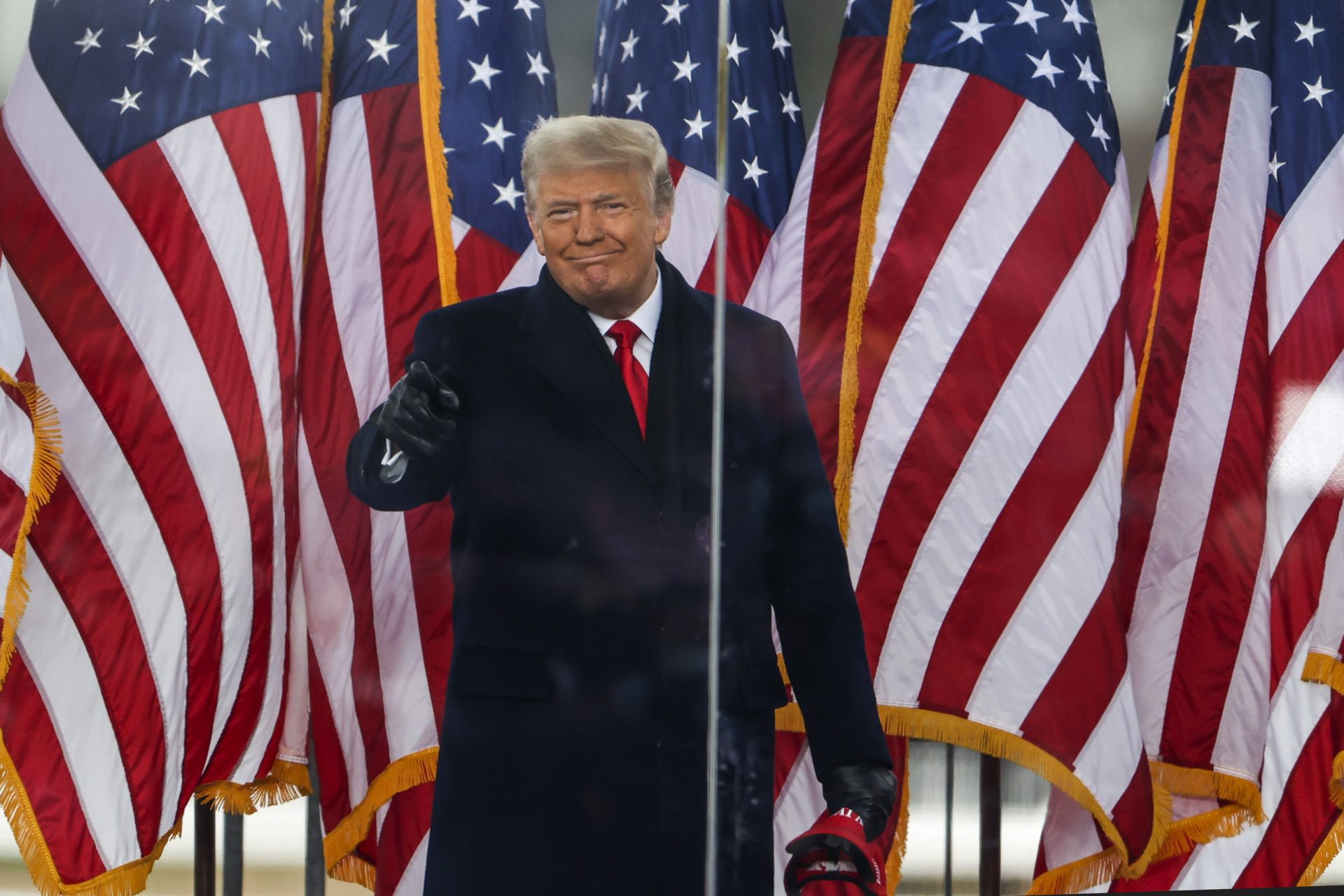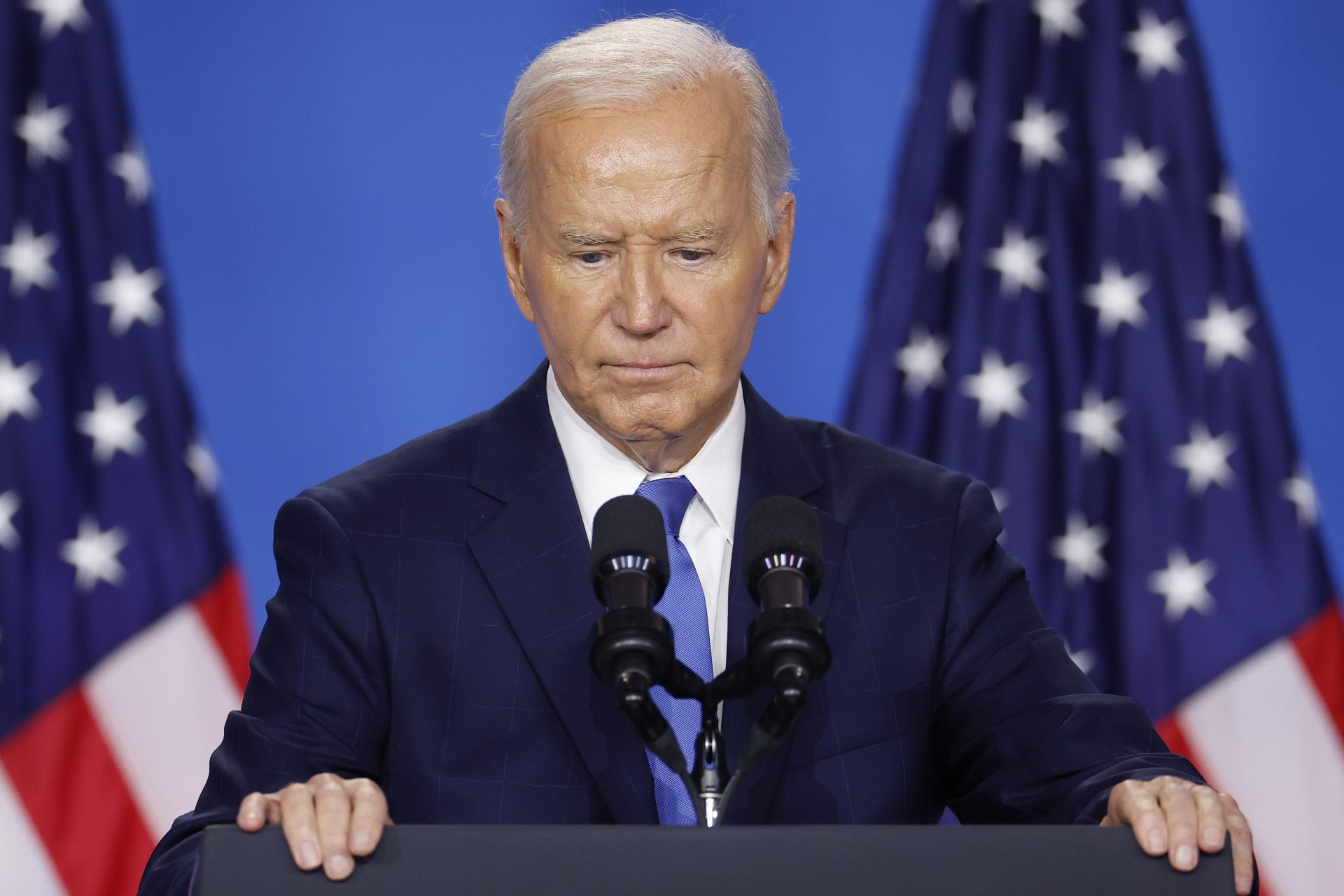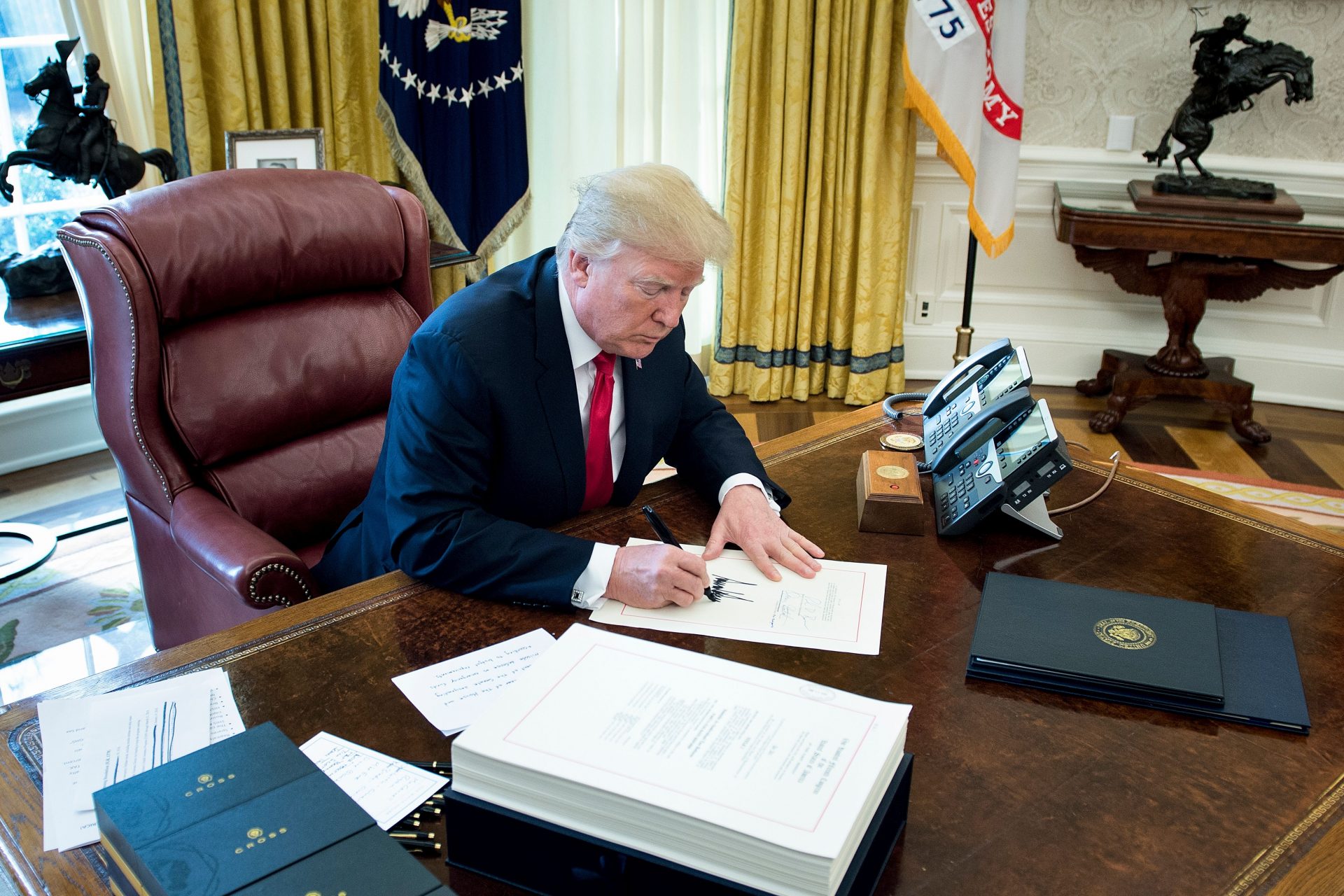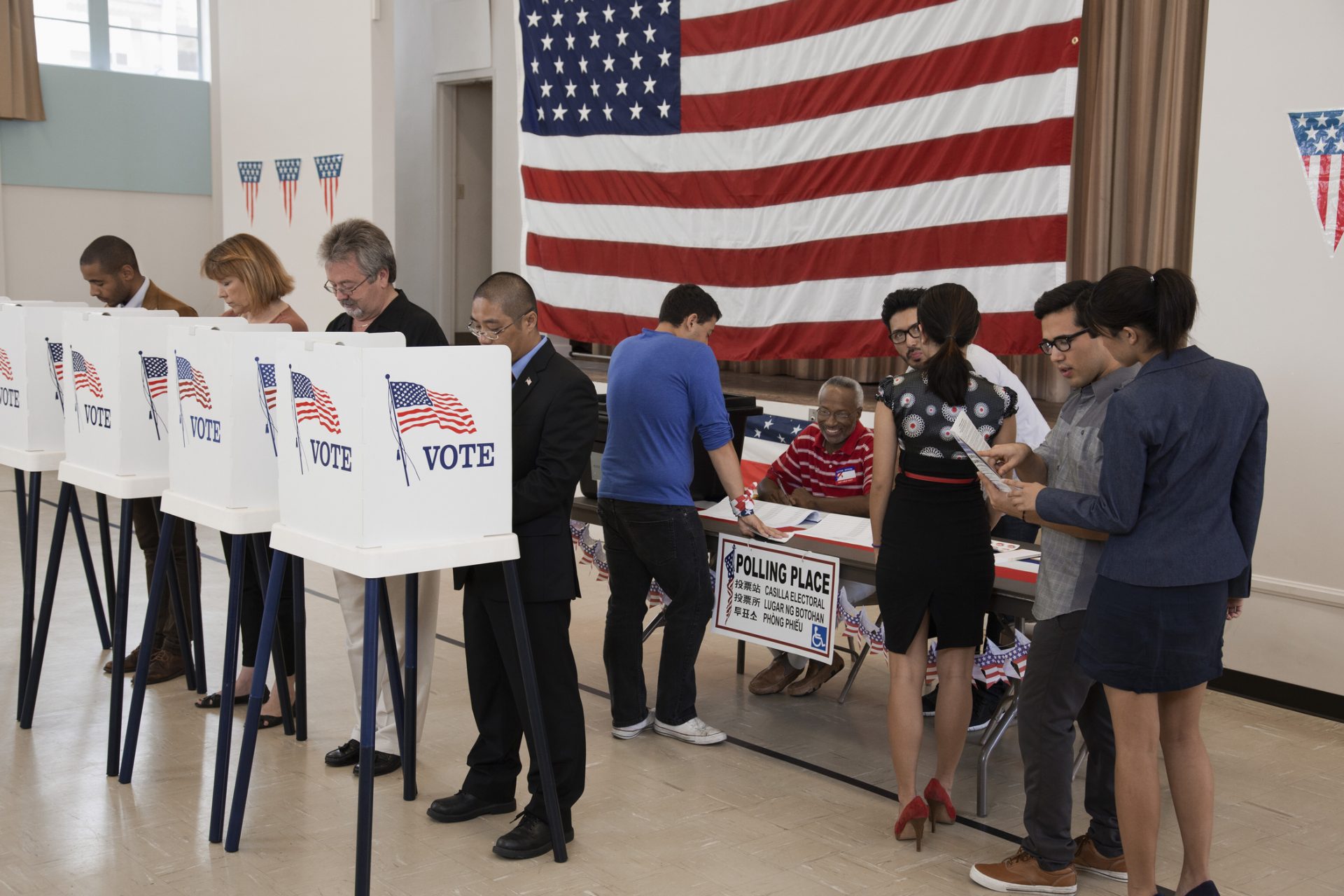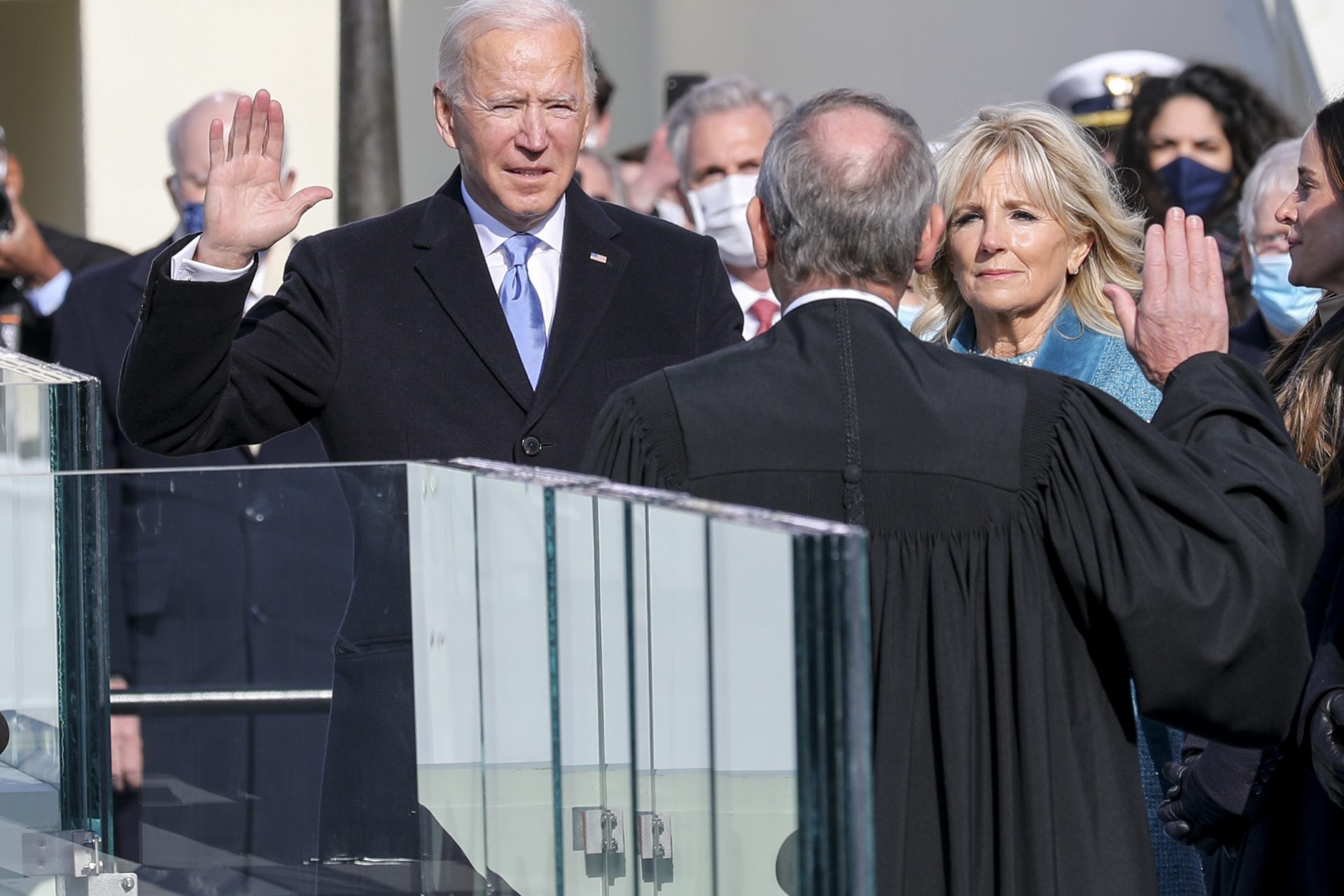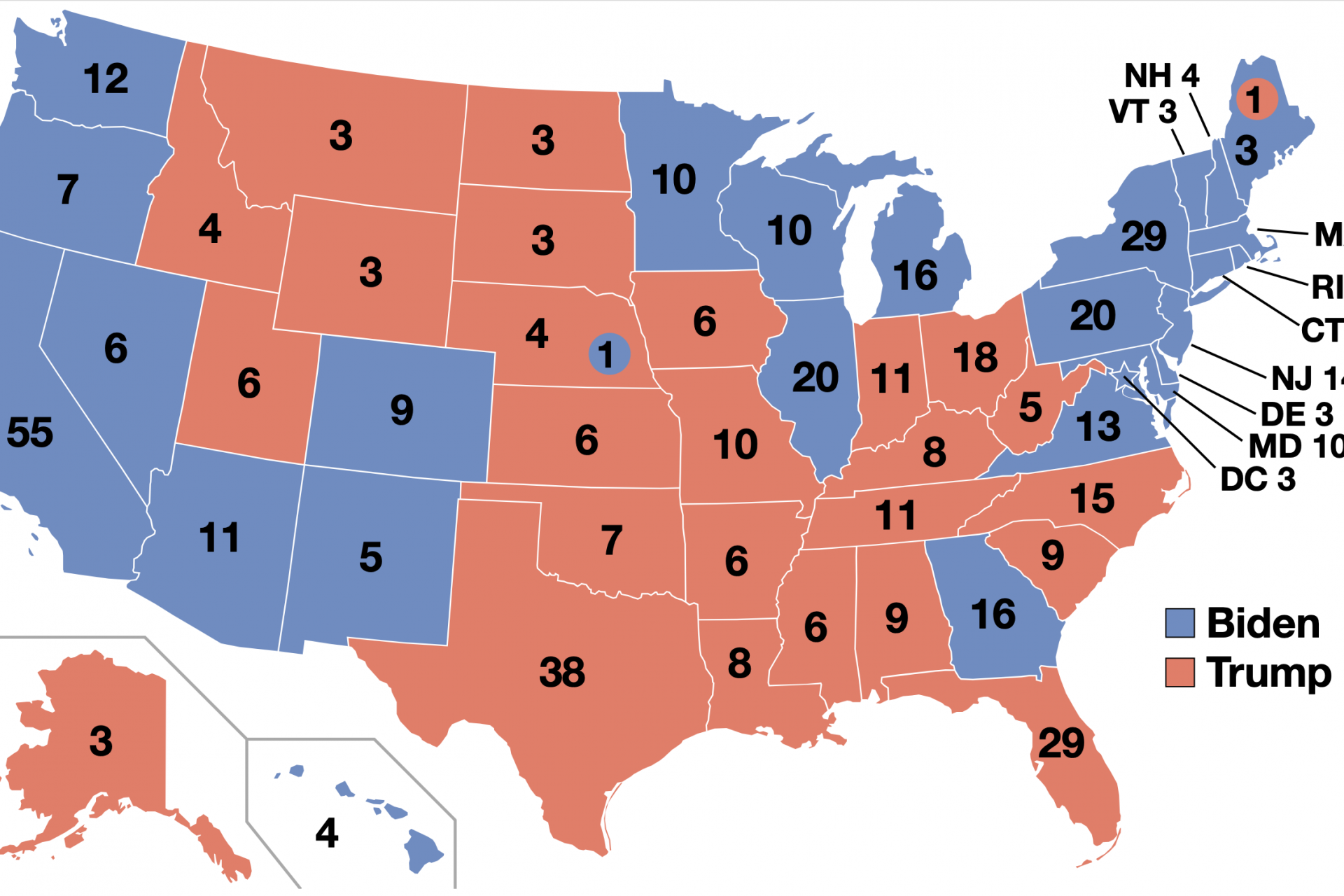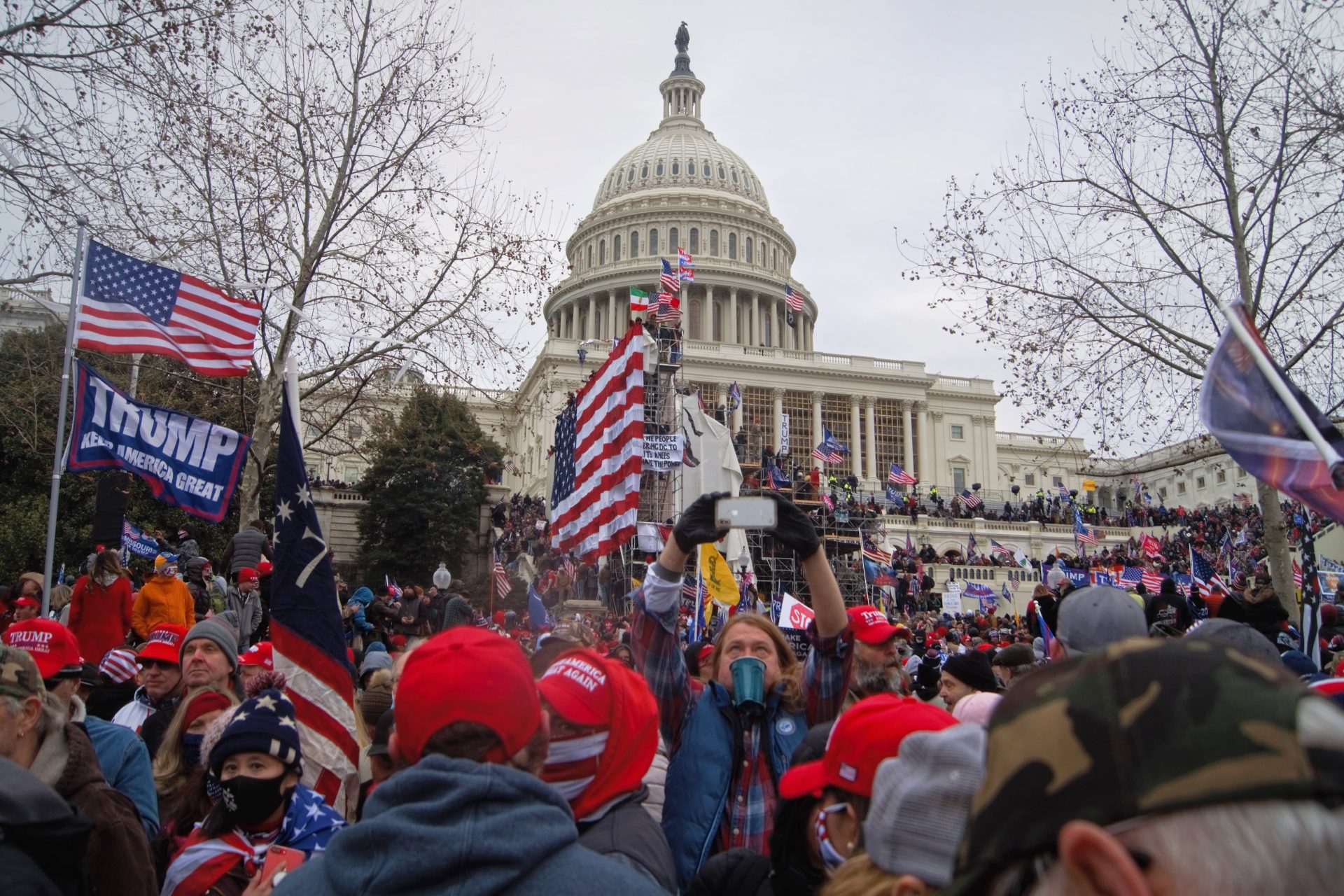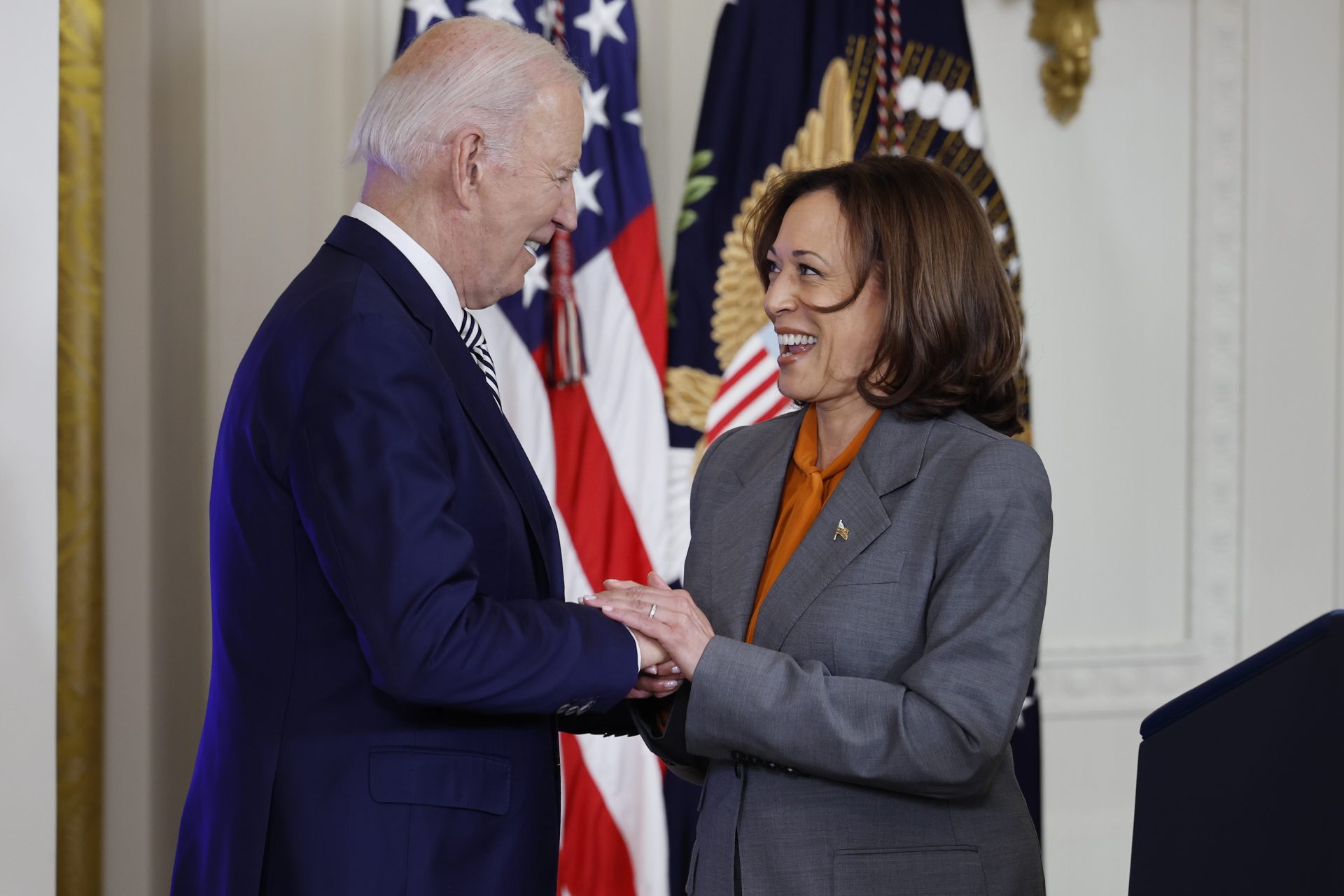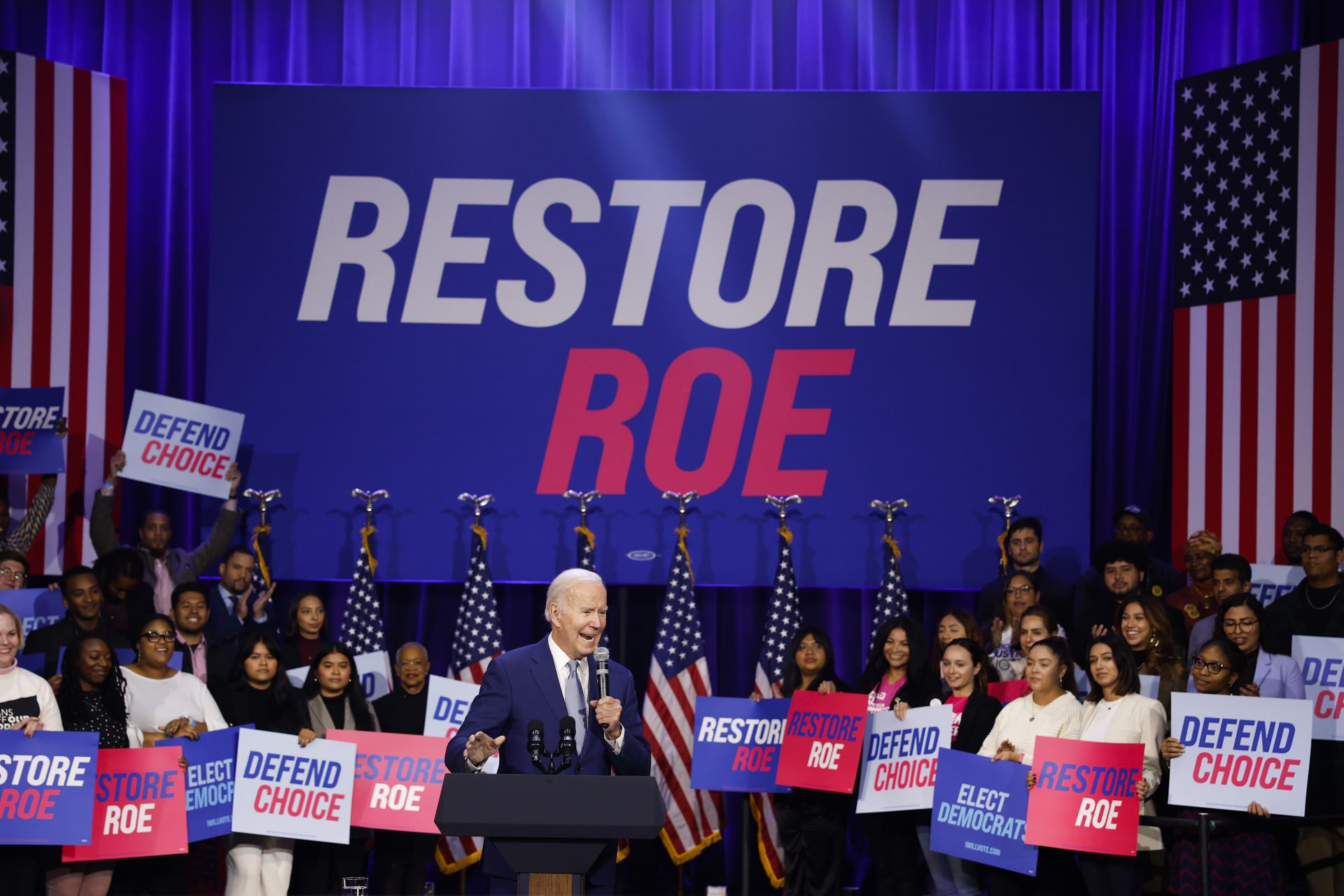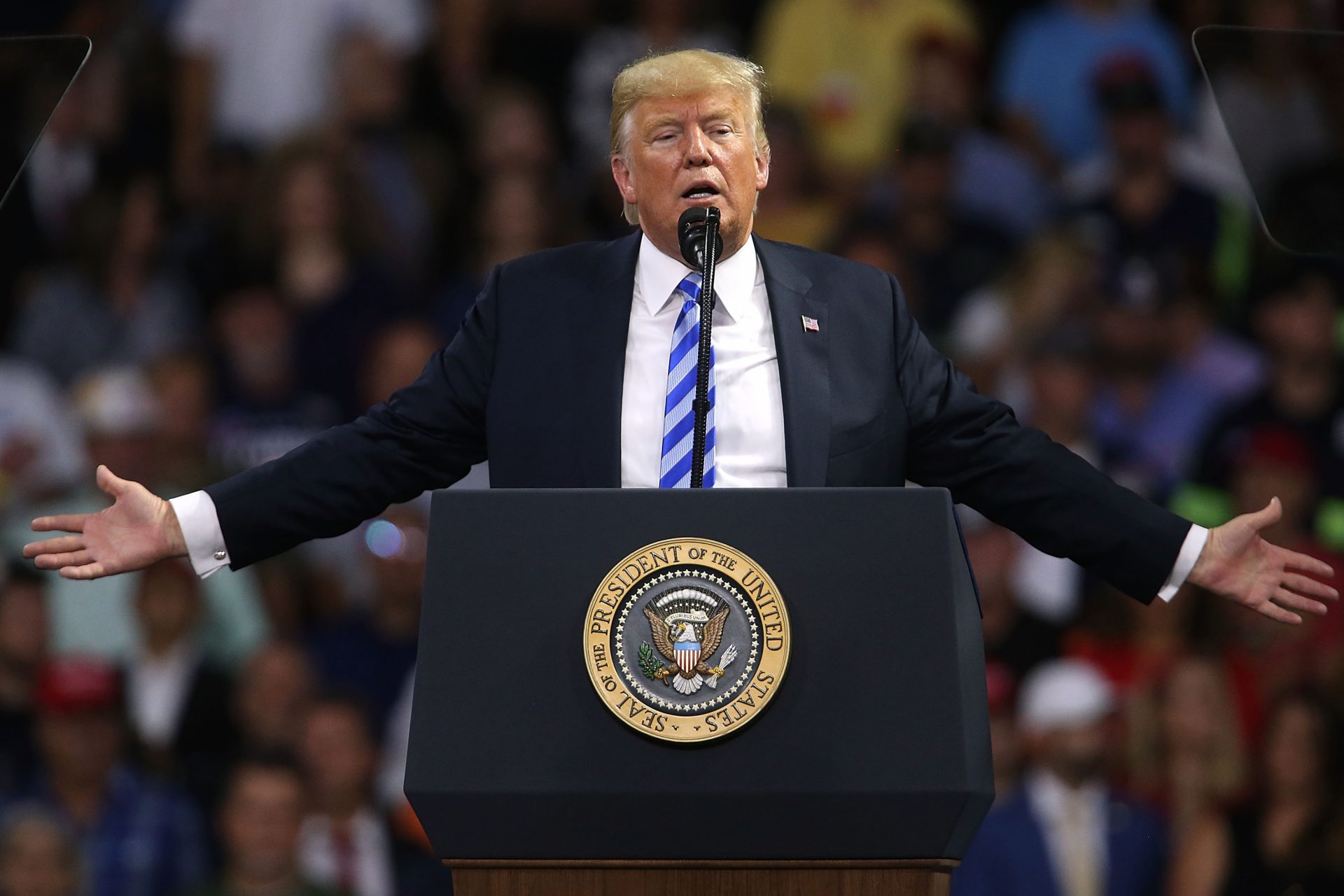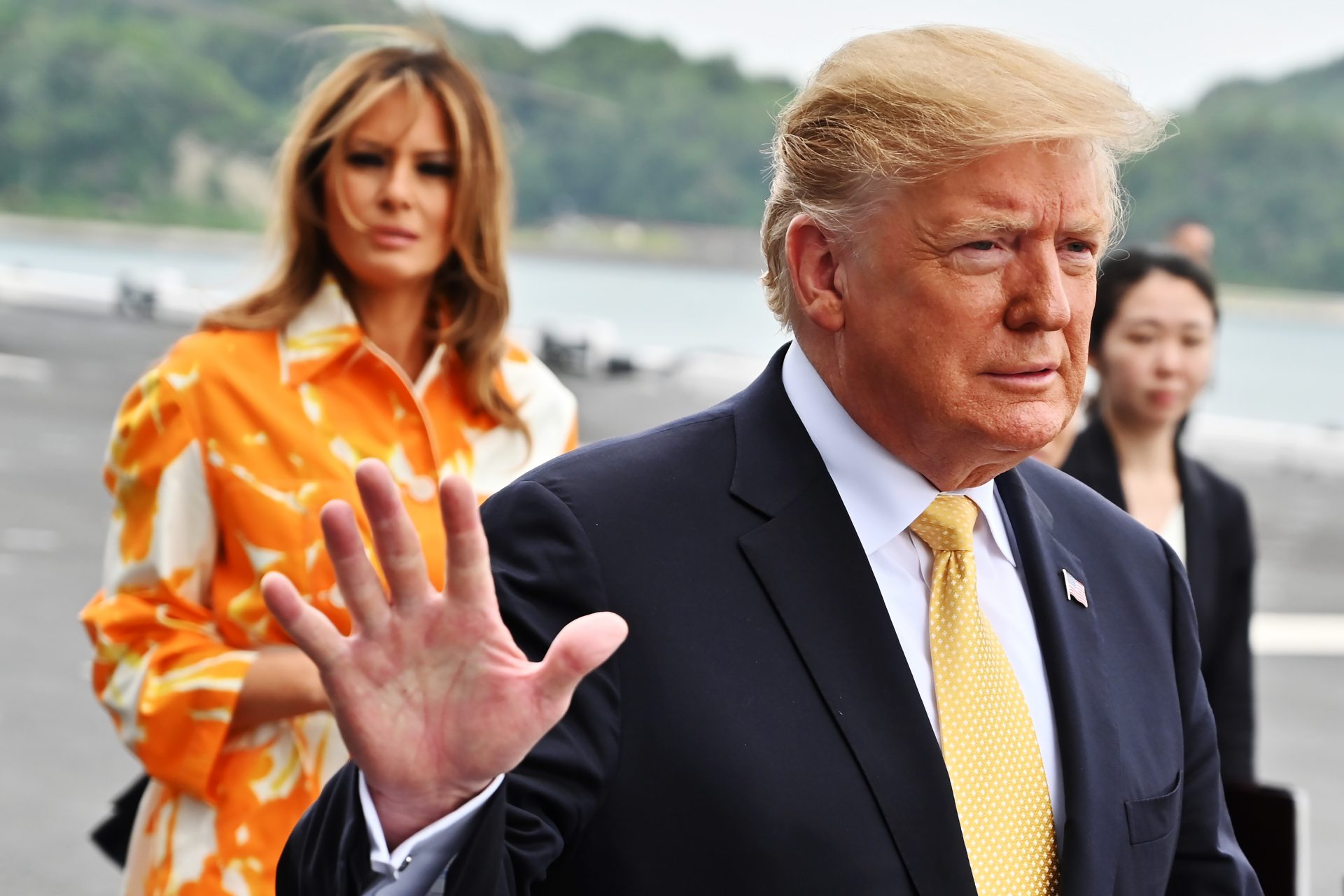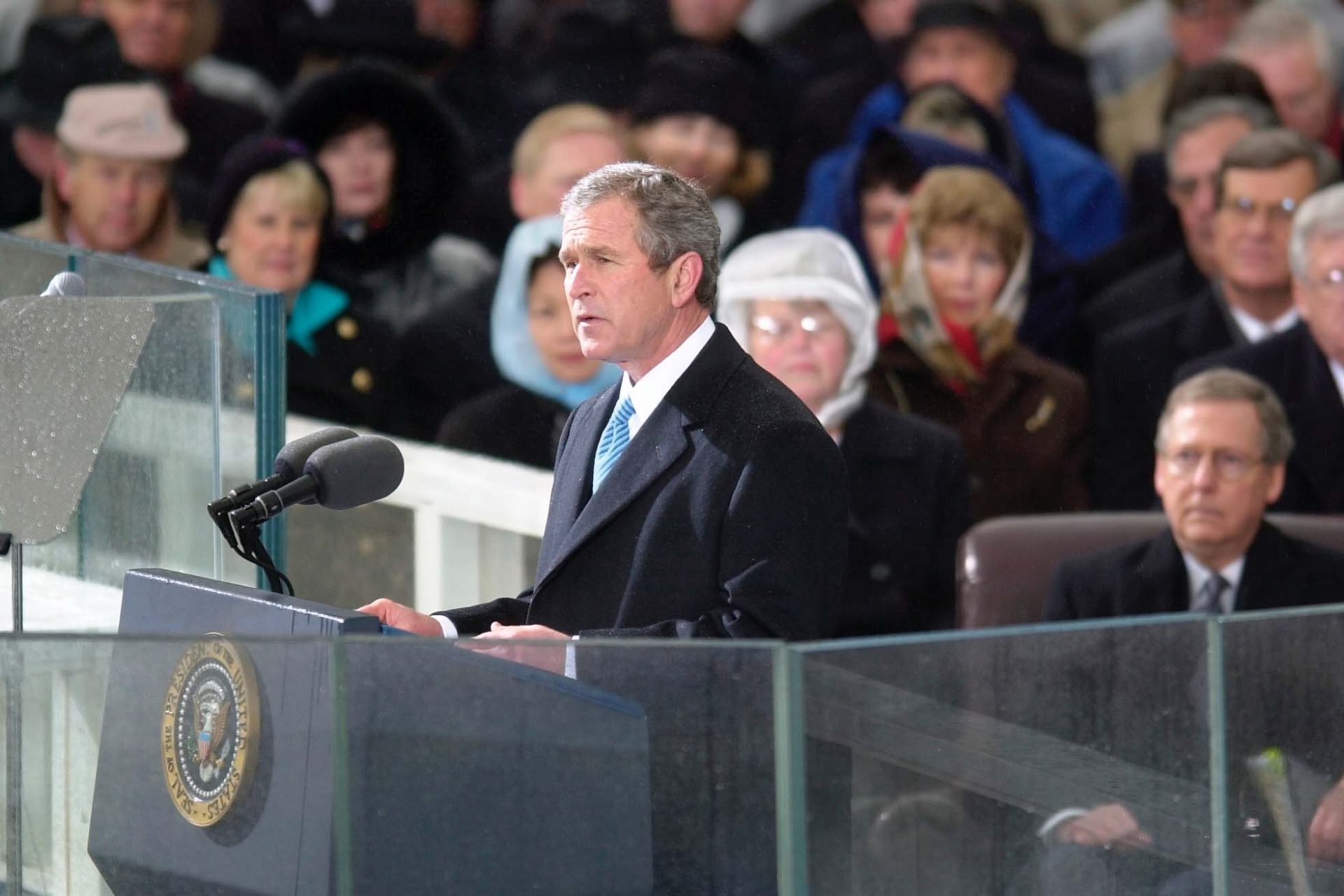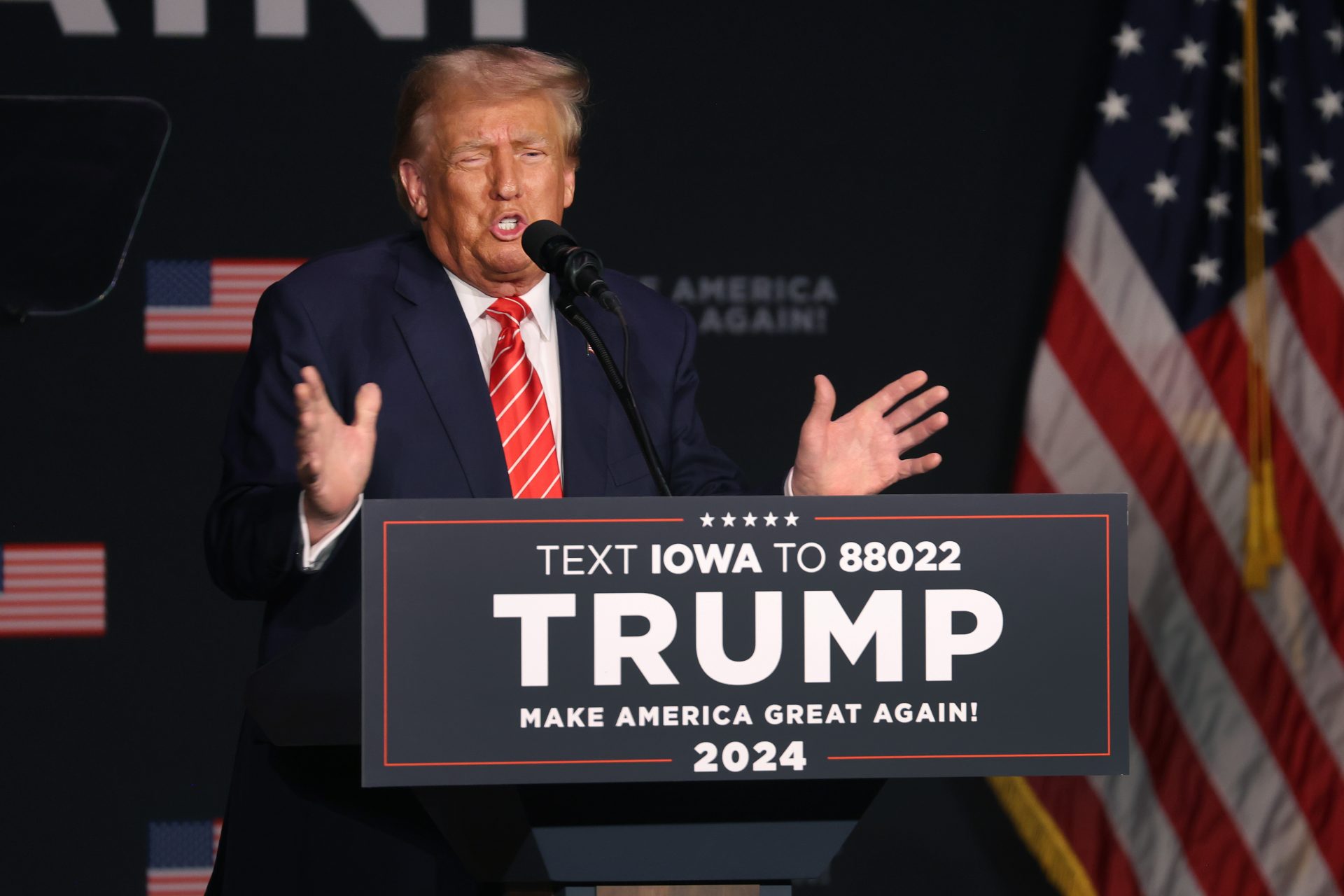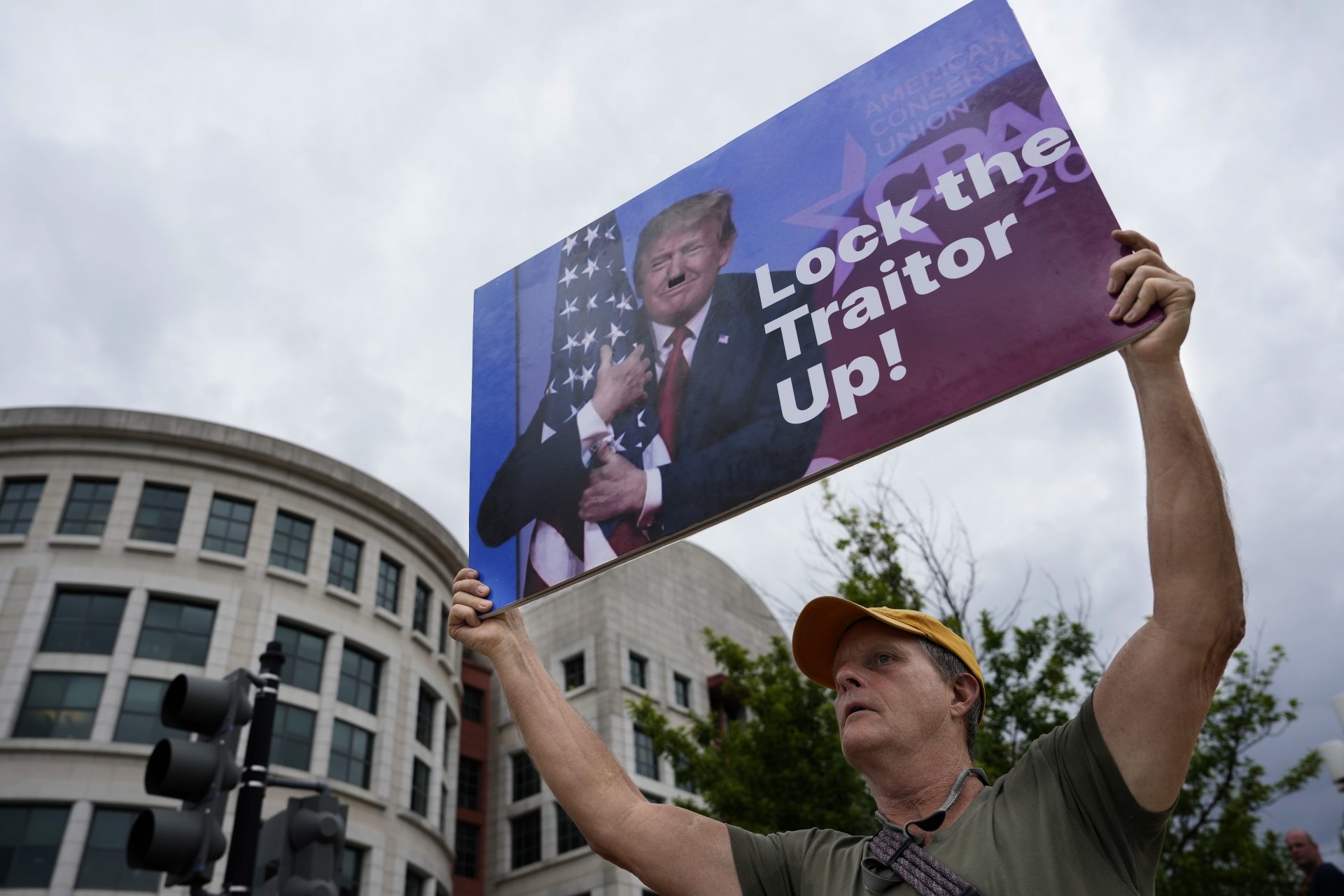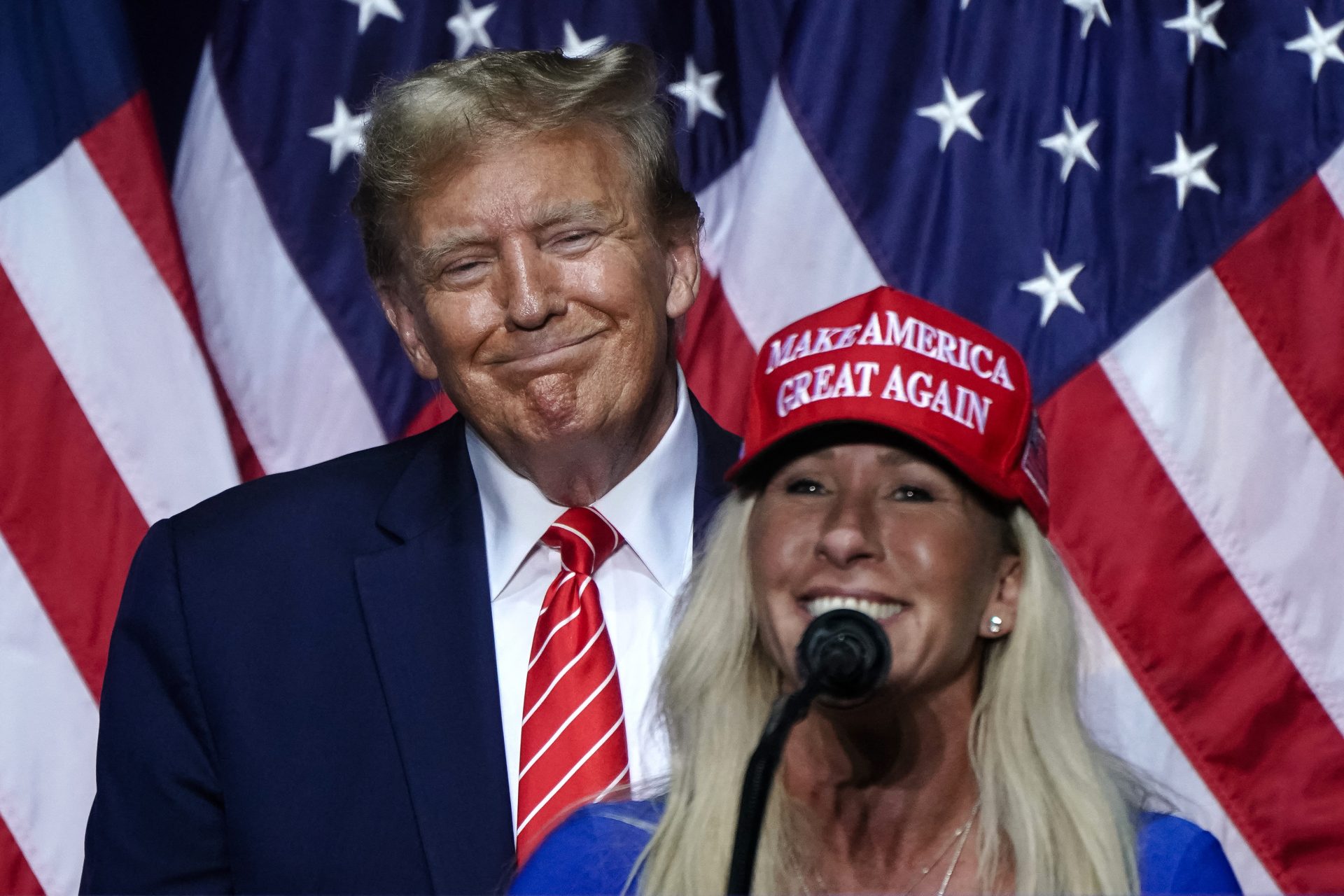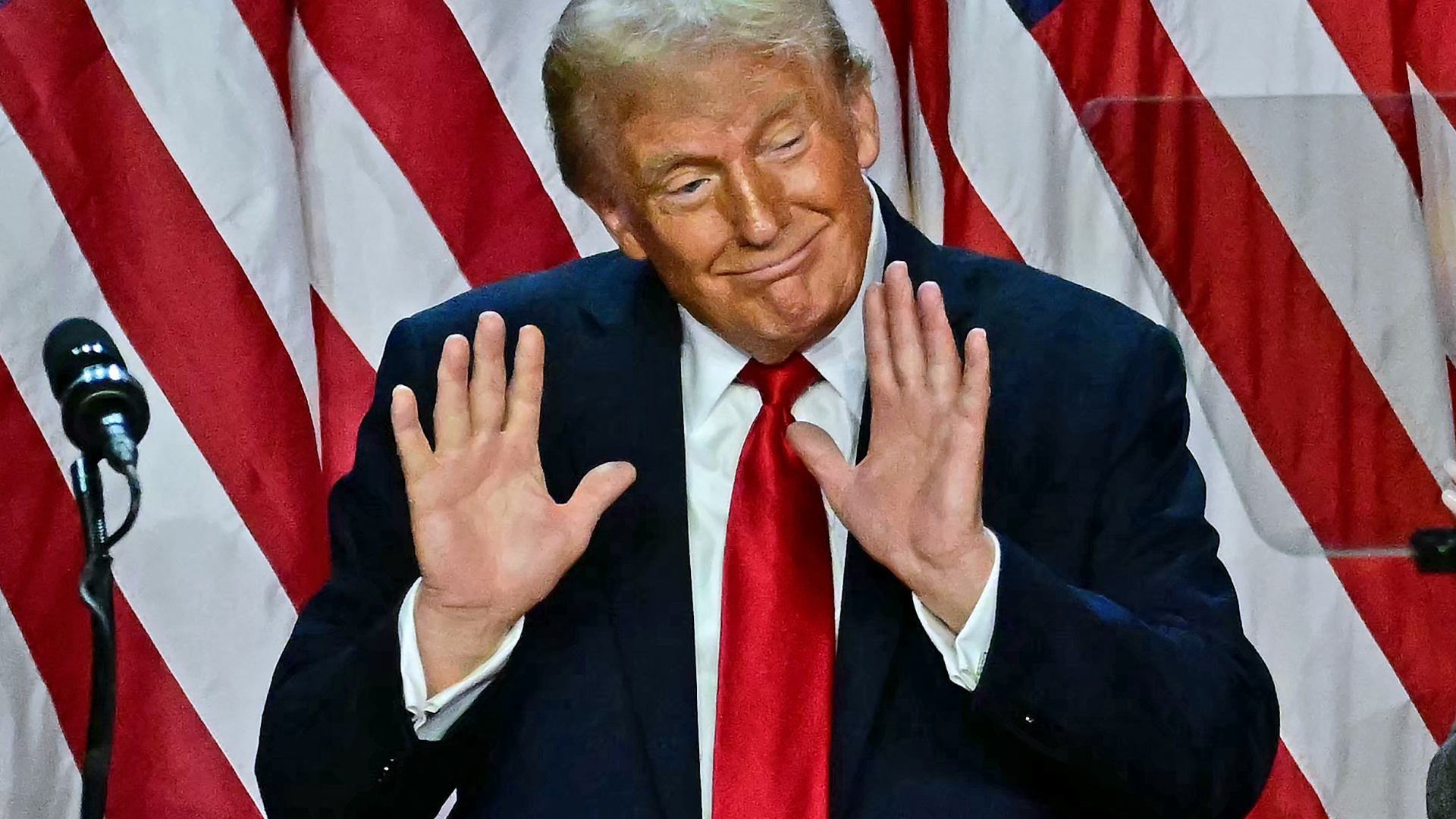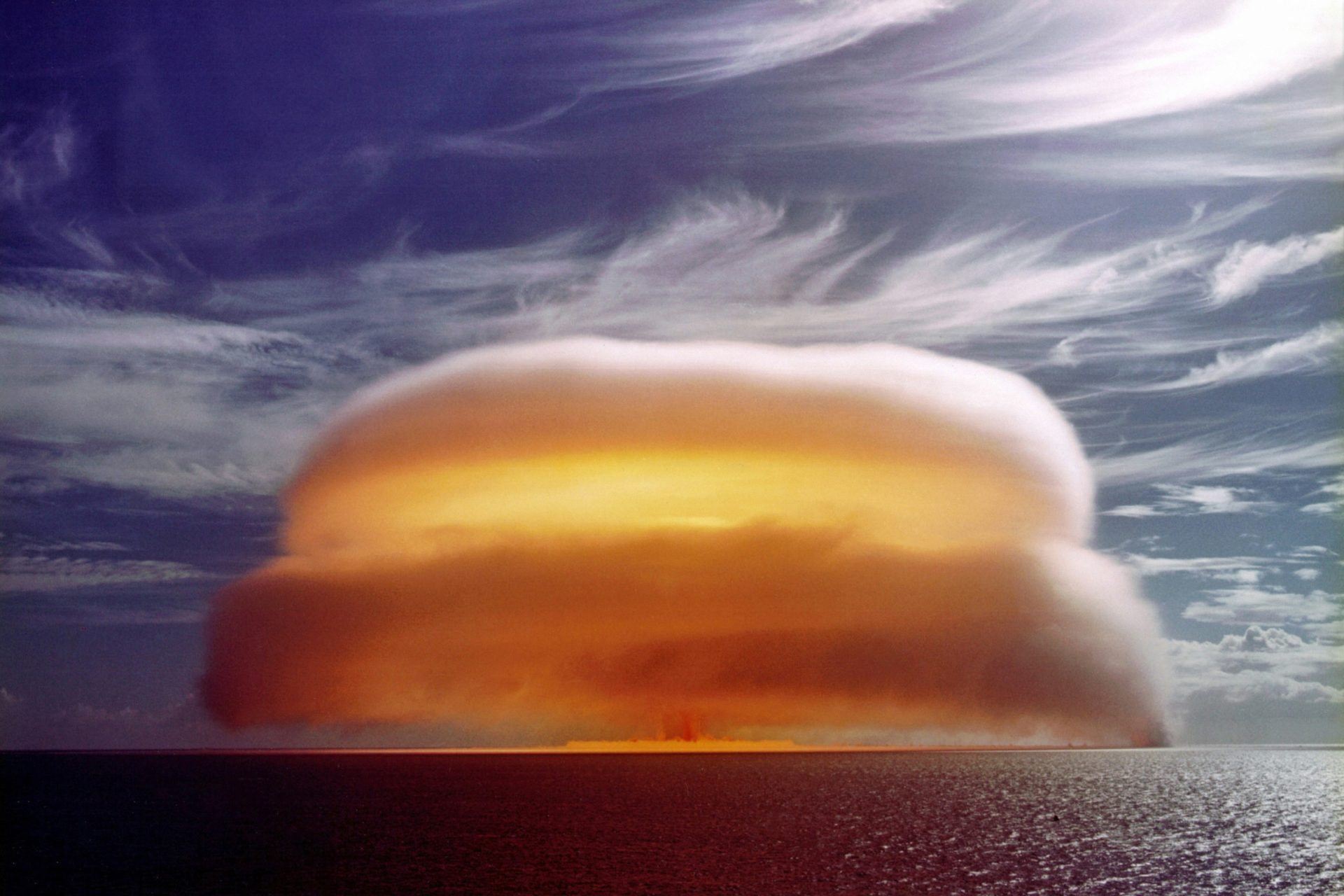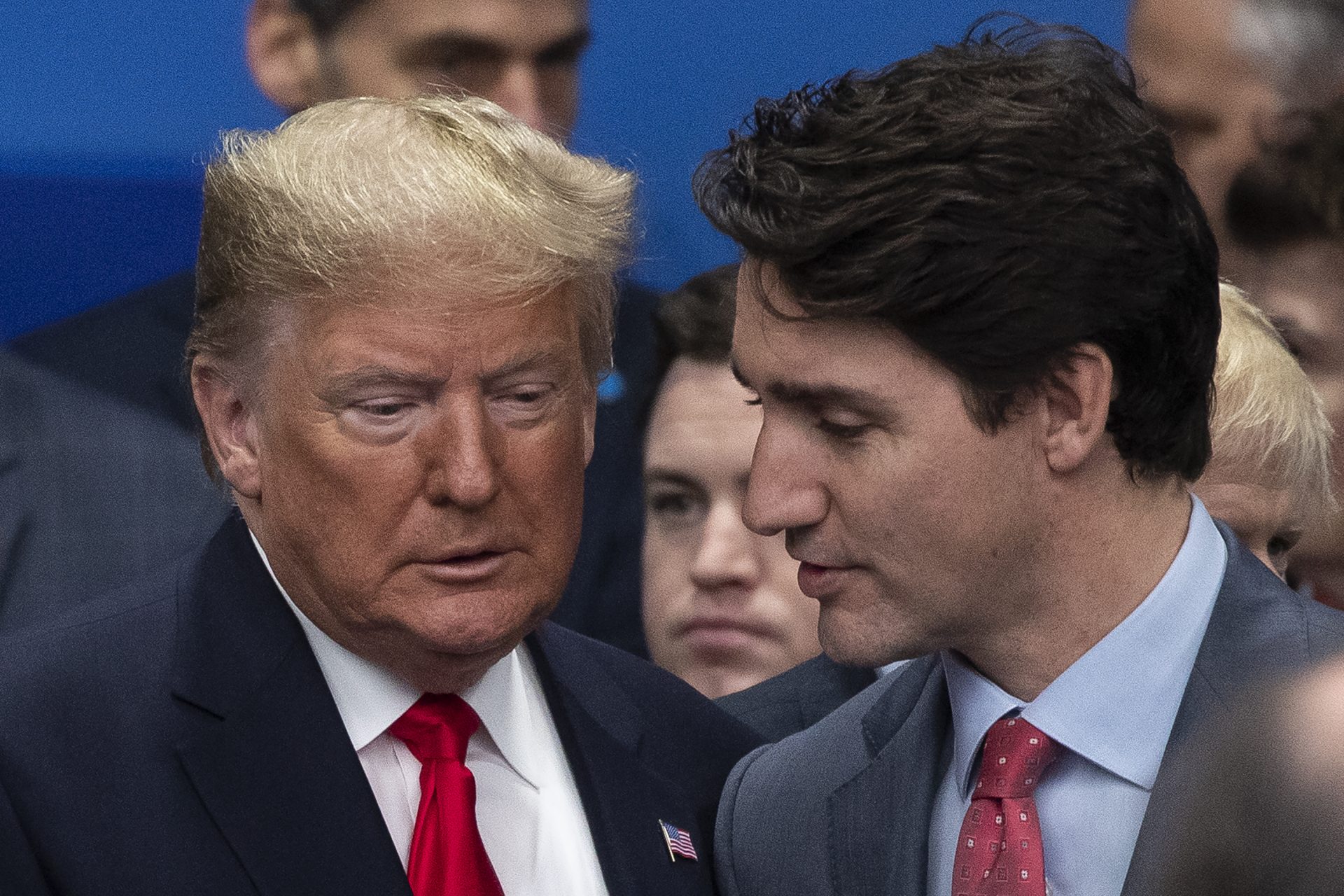What happens if Trump’s latest popularity surge wins him the election and the popular vote?
The attempted assassination of Donald Trump at a time when many want to see his 2024 presidential opponent Joe Biden drop out of the race following worries about his age has made Trump popular than ever before. But how will this affect the next election?
Polling by the Associated Press and the NORC Center for Public Affairs Research found that as many as two-thirds of Democrats want Biden to drop out of the race, a situation that could lead to a massive win for Trump that might see him win both the electoral college and popular vote.
Newsweek investigated the chances that Trump could win the popular vote in 2024 long before Trump's debate with Biden and the assassination attempt, and the findings were interesting.
So why would such a scenario matter? The biggest reason may be that it would give Trump the mandate he needs to enact his most ambitious policies, something that could become a big problem for the country.
Some Americans don’t fully understand how their political system works. A president is not voted into office by the people because the United States isn’t a direct democracy but rather what is known as a representative republic.
A representative republic sees its citizens vote for a delegate or representative, who in the American system are a group of electors responsible for picking the next president. This U.S. institution is known as the Electoral College.
Photo Credit: Wiki Commons By Sgt. Charlotte Carulli, Public Domain
The Electoral College consists of 538 electors according to the National Archives and a majority of 270 electors is needed to become the president. Each state in the union has a different number of electors based on its population.
Photo Credit: Wiki Commons By Kingofthedead, File: Electoral College 2016, Public Domain
One of the major discrepancies in American politics is the issues that arise when one candidate wins the popular vote but loses the election because they weren’t able to win the required number of electors in the Electoral College.
Photo Credit: Wiki Commons By Tyler Merbler, DSC09254-2, CC BY 2.0
However, while the electoral vote is what wins the presidency, winning the popular vote can provide a newly elected U.S. president with a mandate from the American people to tackle the policy issues that they campaigned on.
American politics expert and political science professor at Widener University explained to Newsweek that winning the popular vote is often “an indicator of a mandate from the American people to go forth and pursue policies championed during the campaign.”
"They wield the popular mandate card in hopes of convincing legislators and rivals to consent to presidential wishes in that early period,” Vike added. This argument seems most compelling when the victor receives a majority, rather than prevailing in a plurality vote."
This could become a major problem if Trump, as the Republican nominee for 2024, wins the election and the popular vote because it could allow him to try and achieve some of his more worrying policy goals.
This scenario isn’t one that’s outside the realm of possibility either. Polling data from NBC News in January 2024 found that the former president led Joe Biden 47% to 42%, numbers Newsweek noted could win Trump the popular vote.
However, one major roadblock likely standing in Trump’s way are the historical trends of popular votes in the United States. A Republican candidate hasn’t won the popular vote in the United States since George Bush in 2004.
Former President Bush won 50.7% of the popular vote in 2004 according to USA Today, and since then, Barack Obama snatched the popular vote in 2008 (52.9%) and in 2012 (51.1%) while Hilary Clinton won it in 2016 (48.2%) and Biden in 2020 (51.3%).
Photo Credit: Wiki Commons By TSgt. Lou Briscese, USAF, Public Domain
If Trump wants to win the popular vote in 2024, then he will require a broad alliance that includes young voters according to the University of Surrey’s Dr. Mark Shanahan, who said the popular vote would give Trump a “strong mandate” but was a “pipe dream.”
"Winning the popular vote would need an alliance of young voters, women, and minorities to vote for Trump. That's unlikely. A win of a majority of voters would give him a stronger mandate, legitimizing his position as America's choice," Shanahan told Newsweek.
Shanahan went on to explain that Trump’s MAGA base could give him roughly 30-35% of the vote, but beyond that, he would be relying on different groups of voters in all of the swing states in order to get him over the 270 electoral college hump.
“For someone as divisive as Trump, winning the national vote would mean having to win the big populous states on the east and west coasts. That remains a pipe dream,” the University of Surrey professor concluded. So maybe voters should be too worried.
More for you
Top Stories



